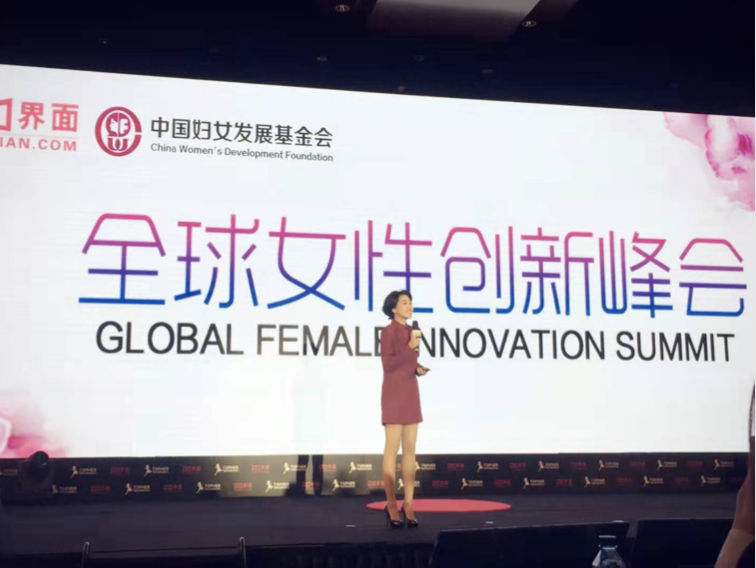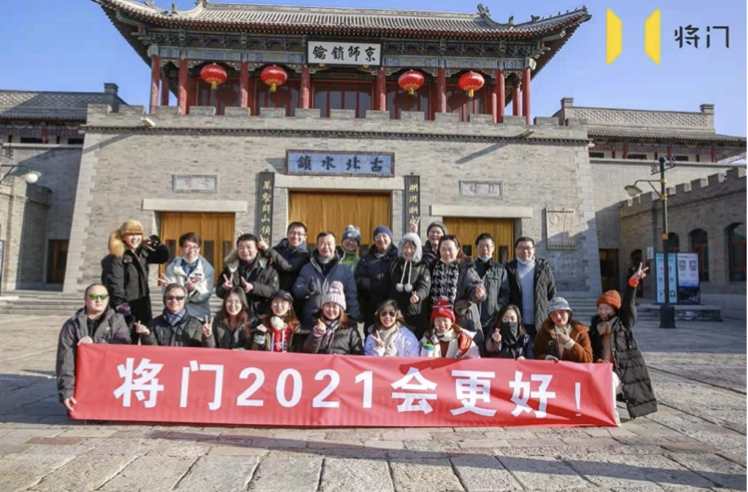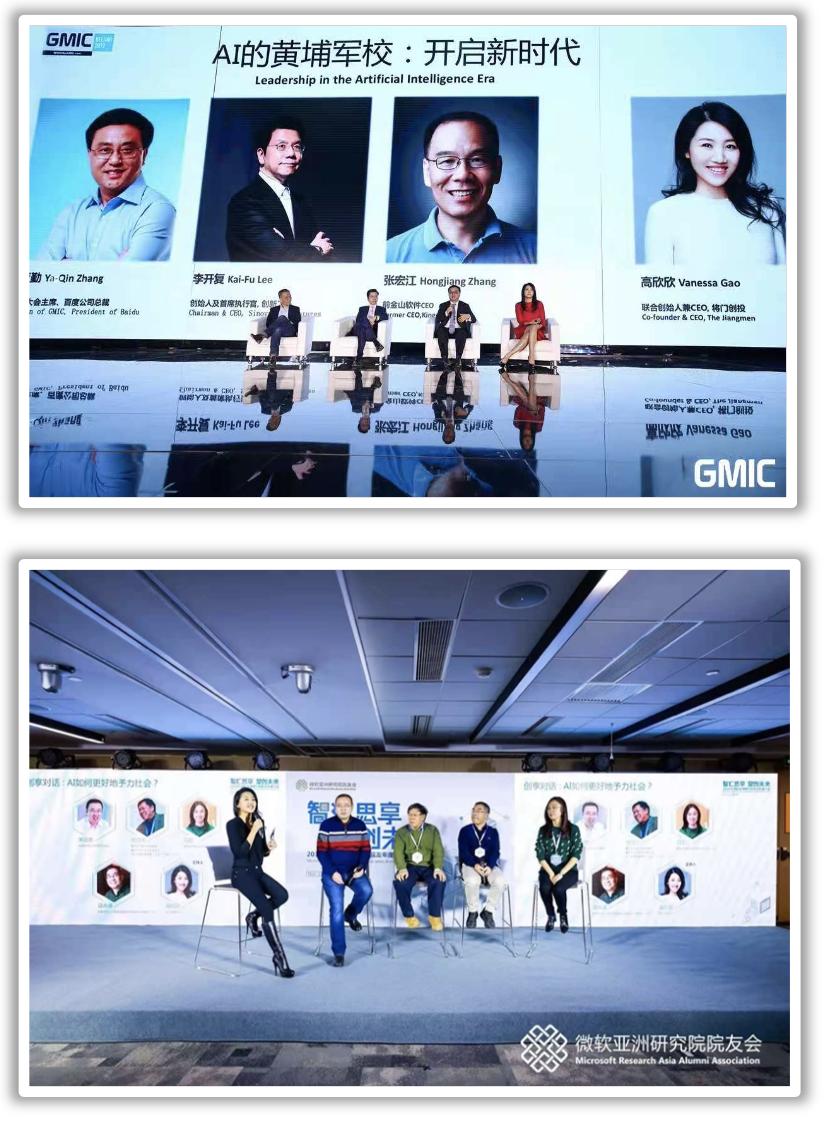BY Farah, Bisma, Sinan

After working at Microsoft for 16 years, Xinxin Gao decided to follow her passion and open her own venture capital firm, Jiangmen Ventures, to help Chinese tech startups grow. She believes tech startups play a “critical role” in improving people’s lives.
“I believe in China, in the world,” said Gao, a graduate of the Tsinghua-INSEAD Executive MBA program. “Technology is an evolving industry. It solves the problems that couldn’t be solved before, creating new value.”
Gao, also known as Vanessa, said most tech startups face similar problems at the beginning. They find it difficult to convince the world of their technology’s value and how it can be used in “real industry scenarios.” This is where Jiangmen Ventures comes in.
Frances Du, the co-founder of Jiangmen, who also worked at Microsoft, believes that in order for a startup to succeed in China, you need to catch the “ride” on micro trends. Back in 2015, when this venture was founded, AI technology was creating major shifts in the industry, which motivated them to start their own independent firm, she said.
Jiangmen in Chinese means the “Gates of Futures,”Du added. She believes Jiangmen Ventures could lead the early tech innovation industry in the next 10 to 20 years.

Gao at the Global Female Innovation Summit in China.

Gao with The Jiangmen team: “Jiangmen will be better in 2021.”
“I think our uniqueness comes from our unique team,” Du said. “The Jiangmen team is made up of seasonal industrial experts and technologists, which is different from most of the venture capital firms.”
Gao believes that when it comes to tech startups in their early stage, two things matter the most: the right team and the right beginning.

As for the right team, her firm created the Jiangmen AI Technology Community, which consists of more than 15,000 Chinese- speaking AI scientists and technology experts located in 35 countries around the world. Du gives Gao credited for recruiting and hiring a “unique team.”
As for the right beginning, Gao and her team have built a solid partnership with more than 150 Fortune 500 companies, which allows them to understand how technology can help in the real business world.
Investing in tech is not just about taking chances, you need to have a workable business model, money for your investors and contribute to building China’s tech companies, Du said.
The Jiangmen has invested in more than 30 early-stage startups in the past four years. Their total evaluation has grown to 30 billion RMB.
Gao believes that a successful startup CEO has two skills that differentiate her or him from the rest.
“One is if this person dares to solve the really big and critical problem,” she said. “Another one is if this person can define the path of solving this real problem.”
Gao also believes that gender is irrelevant to succeeding in this industry.
“You have battles to fight,” she said. “You need to prove you are the best and win these battles. Nobody will give you an advantage because you are a woman or a man.”
But being a CEO and a mother of a 10-year-old comes with its challenges, Gao said. She deals with these challenges by prioritizing quality time with her family and maintaining discipline.
“A friend of mine told me there are three important things in life: family, career and sleep,” Gao said. “You can only choose two.”
Despite the workload, she is determined to always have breakfast with her daughter in the morning and send her to school. She never has business dinners, and she doesn’t check her phone when she is with her family.
“You are the role model of your child,” Gao said. “While you are chasing your dream, just enjoy every moment of it. The result is not that important, the braveness of daring to chase the dream is important . . . This is what we really want to show to our children.”
Gao attributes a part of her success to the Tsinghua-INSEAD EMBA Program, one of the top MBA programs in the world. She decided to enroll in the program because it provided students with a global perspective.
“They see things from different angles,” Gao said. “But they carry the same values . . . globalization, innovation and people.”
This program takes place on campuses all over the world, including Europe, China and the Middle East. Tsinghua, one of the most prestigious universities in China, is known for its innovation. INSEAD is known as the birthplace of the “Blue Ocean Strategy,” which it defines as “the simultaneous pursuit of differentiation and low cost to open up a new market space and create new demand. It is about creating and capturing uncontested market space, thereby making the competition irrelevant.”
Gao believes the lessons she learned at Tsinghua have helped her thrive as an entrepreneur. "I believe innovation is globalization," she said.

